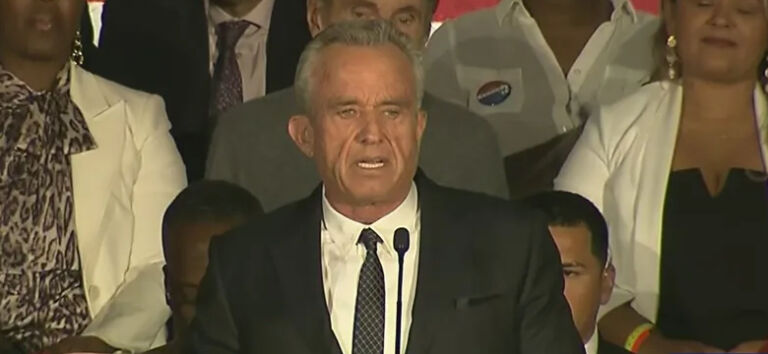When a private, for-profit organization issues a study purporting to prove how great its products are and that people really ought to buy them, most of us are skeptical. The arguments might be sound, but we don’t trust them without further investigation.
On the other hand, when governments issue reports purporting to prove that we need to rely more on it, we’re all supposed to blindly fall in line, lest we be accused of being “deniers” or anarchists or something. In the letter below, Don Boudreaux comments on this tendency:
Editor, Washington Times
Dear Editor:
I agree with Cato’s Paul Knappenberger that “[t]he National Climate Assessment is a political call to action document meant for the president’s left-leaning constituency. What pretense of scientific support that decorates it quickly falls away under a close and critical inspection” (“National Climate Assessment report raises false alarm,” May 8).
But here’s the mystery. Suppose that Facebook released a report that, after listing a slew of possible dangers of people’s failure to connect even more fully to social media, demands policies that compel greater use of Facebook. Such a report would rightly be greeted with extreme and widespread skepticism. It would be seen as Facebook’s self-interested plea for policies that enhance its power, reach, and profits. So why does so little skepticism greet a government report that demands policies that compel greater use of government?
Why, in other words, does the same healthy distrust of a private company’s alleged demonstration of all the good that will come from forcing people to use more of its services not carry over to government’s alleged demonstration of all the good that will come from forcing people to use more of its services?
Sincerely,
Donald J. Boudreaux
Professor of Economics


